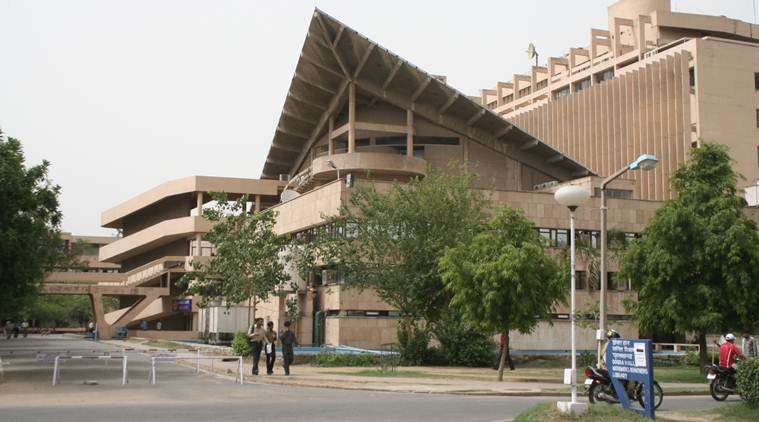- India
- International
IITs show the tenure track way: Assistant professors to be promoted after 5 years and an appraisal
The 23 IITs on Friday agreed to grant tenure to assistant professors five years after their recruitment. The proposal was also approved by the Council of the 31 NITs this week.
 Under the tenure track system, an assistant professor is hired on a five-year contract.
Under the tenure track system, an assistant professor is hired on a five-year contract.
The country’s premier engineering institutes have paved the way for the nationwide adoption of the tenure track
system.
The 23 IITs on Friday agreed to grant tenure to assistant professors five years after their recruitment. The proposal was also approved by the Council of the 31 NITs this week.
The decision marks a significant shift from the current practice across most centrally-funded educational institutions where fresh faculty recruits are given permanent appointments as assistant professors after a year. They cannot be terminated after that.
Under the tenure track system, an assistant professor is hired on a five-year contract. Her performance is first reviewed internally three years from the date of joining and then an external committee after five-and-half years. Depending on the evaluation, the assistant professor will either be granted tenure (and associate professorship) or asked to leave.
Except for a few institutions (such as the Indian Institute of Science in Bangalore and older IIMs including IIM-Bangalore and IIM-Ahemdabad), all centrally-funded universities and a majority of the Institutes of National Importance (INIs) follow the one-year probationary system for fresh faculty recruits.

The one-year probationary system is often criticised because it assures job security even to low-performing teachers. “This becomes more fatal if Head of the Institute and other administrators like Heads and Deans come from this category (low performers),” states the agenda of the IIT Council meeting held Friday.
The tenure track system combines academic freedom with responsibility and accountability, Higher Education Secretary R Subrahmanyam told The Indian Express Friday.
Indicating that this system may also be extended to Central universities, he added, “It is a policy the Ministry of Human Resource Development would like to follow to ensure better productivity among faculty and also to promote excellence.”
Also read | IITs have a plan: Weak students to exit in 3 years with BSc in engineering
The IIT Council on Friday also approved the proposal to increase the fee for M.Tech programmes significantly. The IITs, over the next three years, will hike the tuition fee to Rs 2 lakh per annum. Currently, an M.Tech student pays around Rs 30,000 every year.
Simultaneously, the current monthly stipend of Rs 12,400 for M.Tech students will be discontinued. And a “good fraction of the M.Tech. fee (say 50%) is proposed to be made available to the Departments for offering
Teaching Assistantships (for UG labs and courses) to students who are competent and want them,” the proposal states.
The fee hike and scrapping of stipend have been justified on the ground that this will “immediately increase the cost of ‘parking’ at IITs for few months” and, hence, reduce dropouts.
The IITs also agreed to permit academically weak students to exit early, after three years, with a B.Sc. degree in engineering. The modalities of the exit option will be finalised by individual institutes after consulting their respective Senates.
The agenda item on granting administrative and financial autonomy to the IITs was deferred. “This item requires more discussion and will be taken up after seeking inputs from the Prime Minister’s Office as well,” said an IIT director on the condition of anonymity.
Under the administrative autonomy agenda, the Council was supposed to consider a proposal to empower the Board of Governors of an IIT to pick its members and chairperson. Currently, the HRD Ministry appoints them.
The meeting was also supposed to consider a new model of financial autonomy for the IITs, in which the institutes will charge tuition fees based on actual costs (roughly Rs 7 lakh per year) from the students. The government, on the other hand, would have provided financial help directly to the students through scholarships or “in any other manner as it deems fit”. This would have replaced the block grants that the IITs receive from the government and, hence, given them the freedom from government restrictions on how to use their financial resources. However, a decision on these proposals has been deferred.
Apr 18: Latest News
- 01
- 02
- 03
- 04
- 05







































